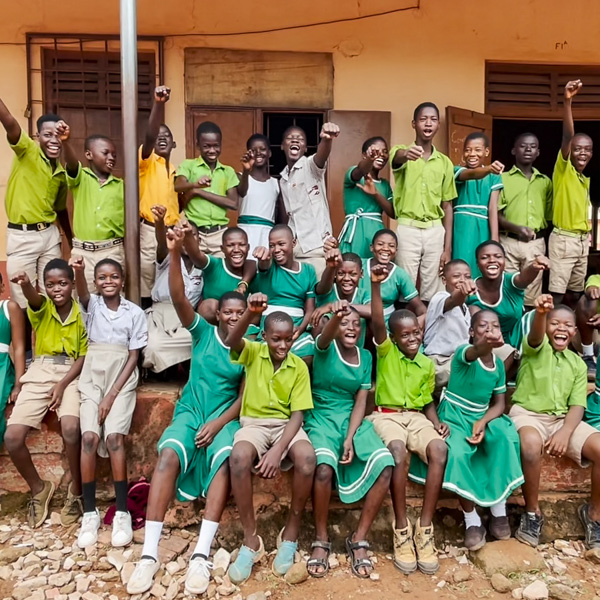Hope Education Project: Module 5 Delivery Update – Theatre-Based Trafficking Education
This week marked the delivery of Module 5 in the Hope Education Project pilot – a vibrant and emotional culmination of everything the students have learned. In this final session, students performed the plays they created in Module 4, sharing their work with peers, teachers, and patrons across their schools in Tamale.
Module 5 was not just about performance — it was about voice, pride, advocacy and peer-to-peer learning. Students enacted real-world trafficking scenarios in front of their classmates, taking on the roles of victims, traffickers, and active bystanders. Their goal: to raise awareness, encourage critical thinking and model safety strategies and empowerment.
Performance with Purpose
Each school hosted a series of short plays, all developed by the students themselves using three basic scripts and guidance introduced in earlier sessions. These performances were rooted in the real-life situations students may or have actually encountered: false promises of jobs or education, grooming via social media, peer pressure to travel for work, or recruitment through family or community connections.
Through drama, students gave shape and voice to these issues. There were moments of silence, bursts of laughter, and emotional tension. In every performance, the message was clear: young people can resist trafficking when they recognise it and critically, when they support each other.

Even students who did not act on stage were fully involved, encouraging their classmates, reflecting on what they saw and of course laughing and applauding. The energy and engagement across all three schools were extraordinary.
“We’ve seen students who were quiet in Week 1 becoming vocal in the sessions, able to contribute and even maturing”, said one Teacher Patron. “They’re now speaking up in the sessions and becoming more confident in their interaction with their peers. It’s been such a benefit to the students to have the program delivered in Dagbani”
Peer-to-Peer Impact
Performing the plays in front of their peers allowed students to share what they’d learned with the wider school community. For some watching this was their first exposure to the realities of trafficking. The performances sparked questions, discussion, and even laughter. Most importantly, they delivered life-saving messages in a language and format students could relate to.
These student-led plays became a ripple effect: every performer became an advocate, and every audience member a potential ally. We are already seeing students outside the program asking questions and talking about the performances, a testament to the power of peer influence.


At the end of each of the performances, the actors led their peers in the audience with the HEP slogan – “Be smart! Be Strong! Say no when things feel wrong!”
Theatrical Learning in Inclusive Classrooms
Module 5 confirmed the power of participatory theatre not only as a learning method but as a platform for inclusion. Students who don’t normally thrive in academic settings found themselves centre stage. Whether through acting, directing, narrating, encouraging, or applauding, each student played a part.
By embodying the stories, students processed the emotional complexity of trafficking in ways that reading or lecturing could never match. Many were able to express personal reflections more confidently through performance than in writing or discussion.
Final Reflections
Module 5 brought the Hope Education Project’s theatre-based trafficking education work full circle. From learning about their rights in Module 1 to performing for their peers in Module 5, students have taken ownership of the knowledge, internalised it, and now shared it outward.
This pilot program has not only educated, but also empowered. Across all three schools, we have witnessed real growth in confidence, empathy, and leadership. These young people are no longer just participants; they have become HEP ambassadors, human trafficking education advocates empowered in their own safety and the safety of their peers – voices for change. In these increasingly difficult times in Tamale, young people are facing mounting pressures – from climate change, increasing water, power and food shortages, daily assaults on social media, pressure to get involved with scamming and transactional sex to name but a few.
As we close the first phase of this pilot, we do so with immense pride in what these students have achieved and with renewed commitment to grow this work, support their journey, and bring human trafficking education to even more classrooms across Ghana.
We will be posting further updates — in the meantime, you can watch a post-pilot conversation between Angus Thomas, founder of HEP, and Mariama Adam, Programs Manager, on YouTube.




